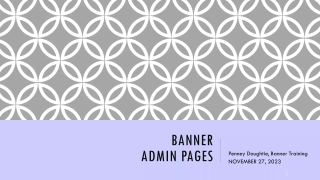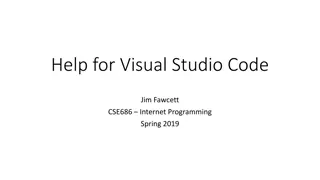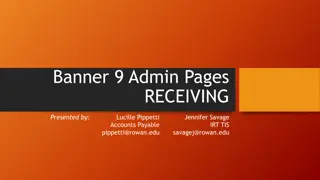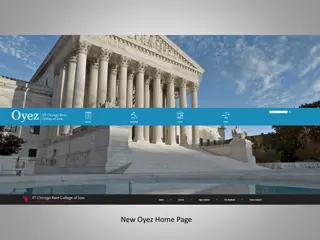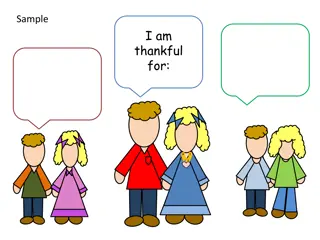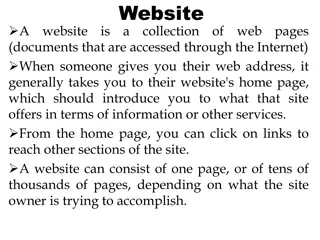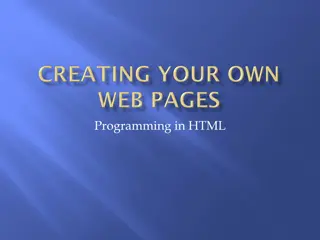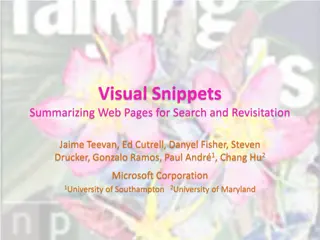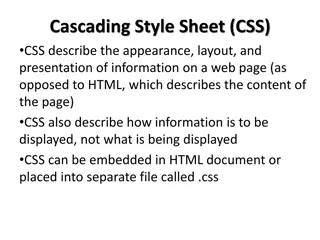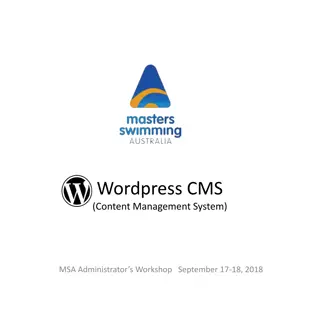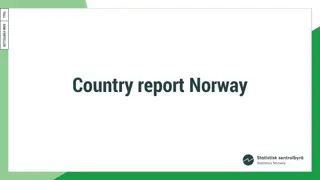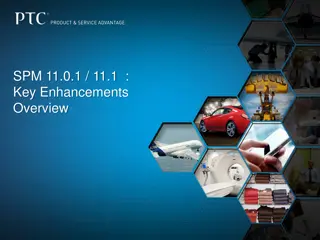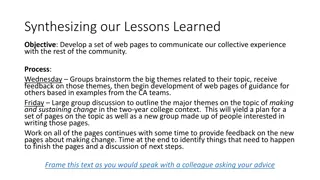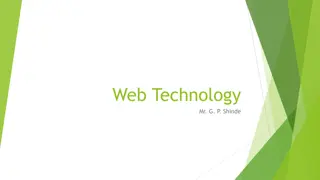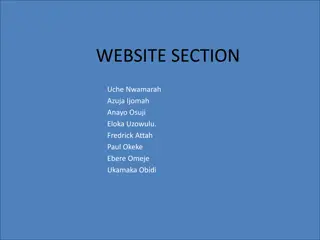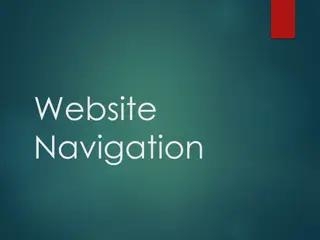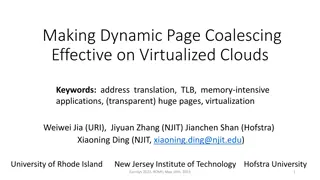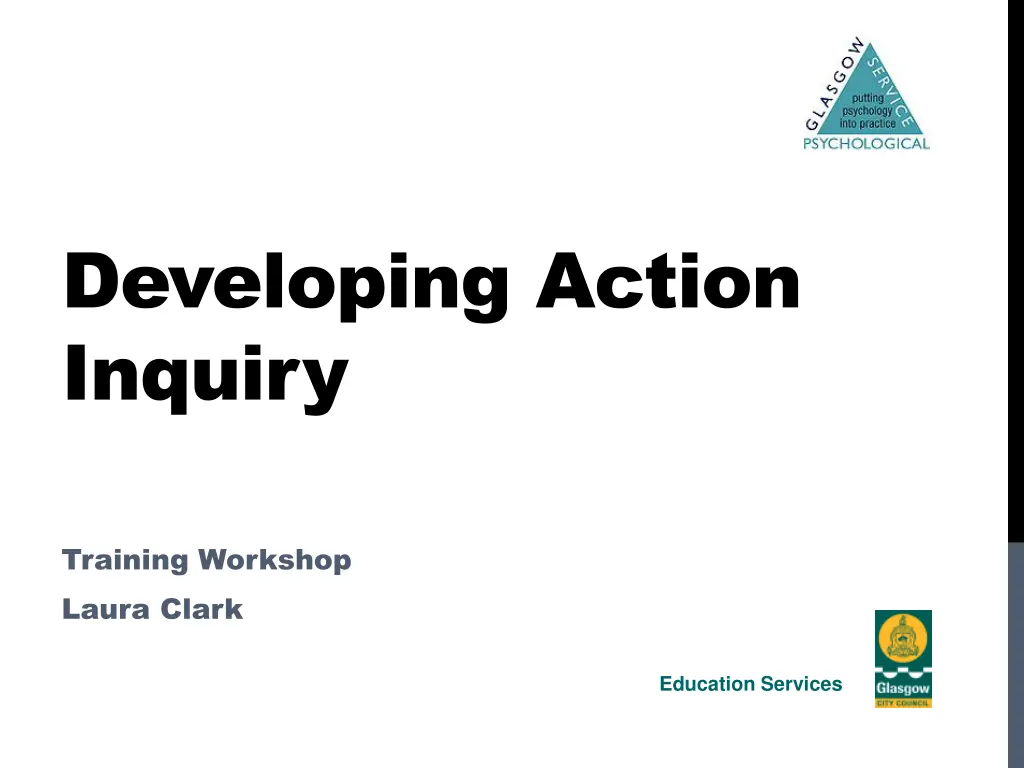
Action Inquiry Training Workshop for Professional Development
"Explore the concept of Action Research and its practical benefits for practitioners in educational settings. Learn about the steps involved in conducting Action Research through reflective processes and real-world applications, aiming to enhance teaching practices and student outcomes."
Download Presentation

Please find below an Image/Link to download the presentation.
The content on the website is provided AS IS for your information and personal use only. It may not be sold, licensed, or shared on other websites without obtaining consent from the author. If you encounter any issues during the download, it is possible that the publisher has removed the file from their server.
You are allowed to download the files provided on this website for personal or commercial use, subject to the condition that they are used lawfully. All files are the property of their respective owners.
The content on the website is provided AS IS for your information and personal use only. It may not be sold, licensed, or shared on other websites without obtaining consent from the author.
E N D
Presentation Transcript
Developing Action Inquiry Training Workshop Laura Clark Education Services
Aims What is Action Research? How can the Action Research framework benefit practitioners? What are the steps involved in conducting Action Research?
Action Research is a reflective process where practitioners look for ways to improve their practice. a way for practitioners to develop by making use of their own experiences. a way to incorporate the views of children and young people into teaching practice. a framework that allows practitioners to build their own evidenced-based practice. research which is conducted in a real-world context.
Action Research Cycle Plan Reflect Observe Observe Act
Activity In small groups, discuss areas of your work practice that you would like to improve upon. Decide on one to focus on. CfE? Reading Ability? Managing Conflict? Nurture principles?
Is it SMART enough? Whatever topic you have chosen is it: Specific Manageable Achievable Realistic Time-limited
Plan Decide on a research question for your topic. Your question should not already have an answer or have a yes/no answer why would you need to research it? How can I ? is a good starting point for thinking about a SMART research question.
Activity What is happening in this situation now? Thinking about evidence from your daily practice, how do you know that this is happening? Class/playroom observations? Talking to pupils? Assessment Information? Are there any other methods that might be useful to you?
Observe Drawing together evidence from different sources gives you a broader understanding of the issue. It s good practice to use three sources of evidence, what researchers call triangulation . Staff ? Pupils/Parents Assessment/Information
Activity What could be done to improve the current situation? Discuss some possible solutions and decide on one realistic change that could be put in place. How will you do this? How will you know if there has been a change as a result of your actions?
Act Implementing just one change will allow you to establish whether any changes in the situation are a result of your intervention. Whatever change you plan to make, it should be realistic. At this stage, you should identify some success criteria so that you are able to judge whether your action has been effective.
Observe Once your change in practice has been put in place, gather new evidence relating to your research question. This means that you will be able to measure the effect of your intervention. Again, it is good practice to triangulate your data.
Reflect Once you have collected and analysed your data, you will be in a position to evaluate your research. Has the research question been answered? How did you do this? Has practice changed as a result of your action? Has practice improved? Why? Has practice not improved? Why not? Is further action required?
Further Action You can begin the process again, with a reformulated question in light of your new evidence. Plan Reflect Reflect Observe Observe Act
Further Action If you are satisfied that the question has been answered, you now have your own evidence base: How will you communicate your findings? Staff twilights? Parents evenings? Pupil report cards? School Improvement Plans? How can you make sure that the changes you have made continue?
Things to Consider Firstly, it s important to set a timescale for your project. Your timescale should be realistic. What resources are available to you? Are there any particular ethical considerations you need to take into account? It is also a good idea to think about roles. Will one person be leading the project or will it be a working party?
Tips Keep the research question in mind at all times. Keep a notebook to jot down any ideas or reflections that you have as you go through the process. The project needn t be complicated the simplest ideas are often the best.
Benefits of Action Research It allows: Practitioners to look for solutions to the everyday problems that they experience, in the context that they are experienced. Collaboration between practitioners to identify solutions, put them into practice and evaluate their success. Practitioners to gain deeper insight into their practice, their teaching and how their young people learn.
Further Information There are numerous books and websites dedicated to conducting AR, which may be useful to you. There are also handouts to accompany this training pack which provide information about research methods. The National Teachers Research Panel (www.ntrp.org.uk) has a range of AR projects that have been conducted by teaching staff across the UK. Glasgow Psychological Service has a range of tools and checklists that can be made available to you that may help you gather and analyse the topic of interest to you.

